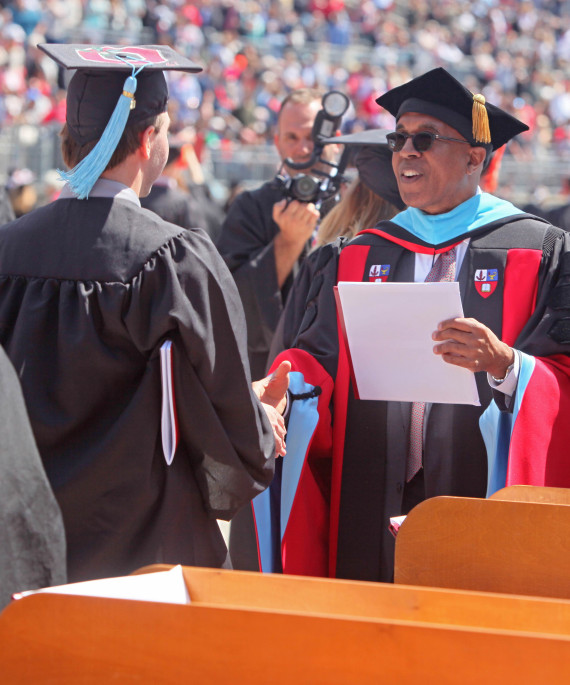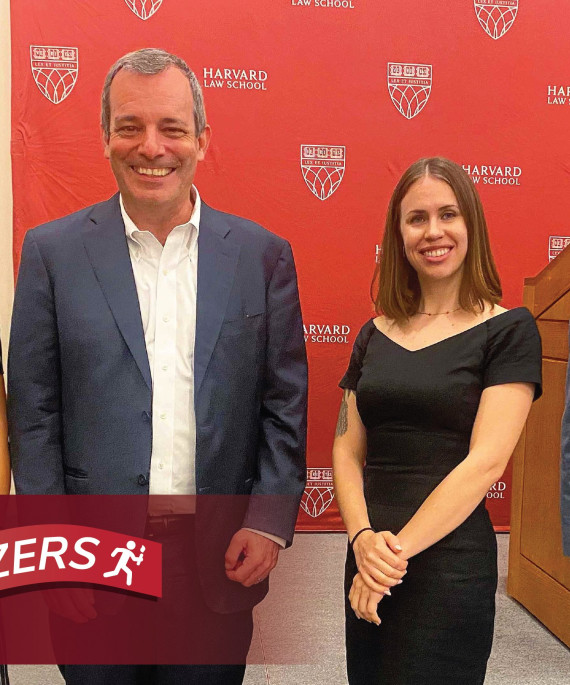
Educators from more than 60 school districts and universities convened at The Ohio State University March 7-8 to learn how to use data-based approaches to help their students achieve academically, behaviorally and socio-emotionally.
The two-day Ohio MTSS/RIT Conference, short for multi-tier system of supports and response to intervention practices, provided practical strategies to implement and improve the continuous improvement frameworks used by educators to support students in schools.
Education and Human Ecology’s School Psychology program helped bring the conference to Columbus to serve an identified need for Ohio educators. The state is placing more emphasis on identifying students who are at-risk or need extra help learning.
“Teachers and other educators need to be able to do interventions. A lot of schools are trying to implement MTSS, are trying to find professional development to do it,” said Antoinette Miranda, the William H. and Laceryjette V. Casto Professor in Interprofessional Education. “I found [the conference] is a little bit of everything. So if you bring a team you can have people learning the different pieces of it.”
Kim Crabtree, a kindergarten teacher at Nelsonville-York Elementary, attended the conference with school district colleagues to learn more about behavior interventions so they can help “restructure our team to better respond to student needs.”
The conference was created as a way to close the gap in integrated educator development and hear from pre-eminent scholars who bring the latest in multi-tier system of supports and how to apply them differently as needed among urban, rural and suburban school districts.
Conference-goers received training from well-known scholars including:
- Alan Coulter, director of education initiatives at Louisiana State University Human Development Center
- Clay Cook, John W. and Nancy E. Peyton Faculty Fellow in Child and Adolescent Wellbeing at the University of Minnesota
- Perry Zirkel, professor emerita of education and law at Lehigh University
- Nancy Marchand-Martella, dean of education and professor of special education at Purdue University
“We have this gap between what we know and what we do in schools,” said Mark R. Shinn, professor of school psychology at National Louis University, and conference organizer. “What we’re trying to do is provide a systemic way to use the right type of data so educators can make the right decisions for their students.”



